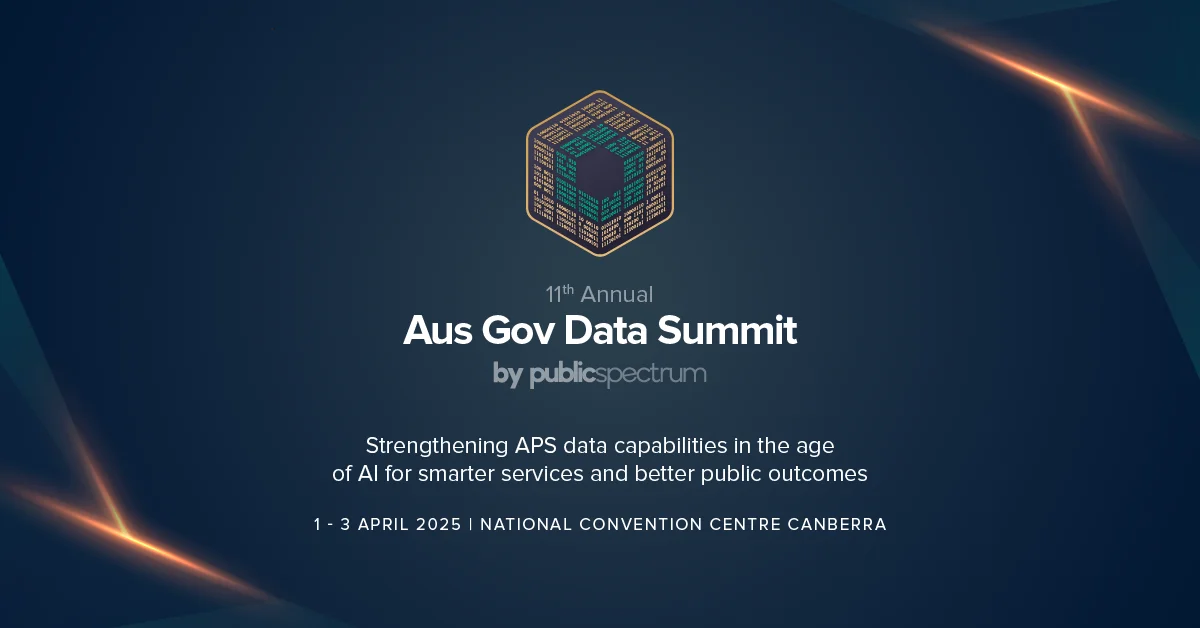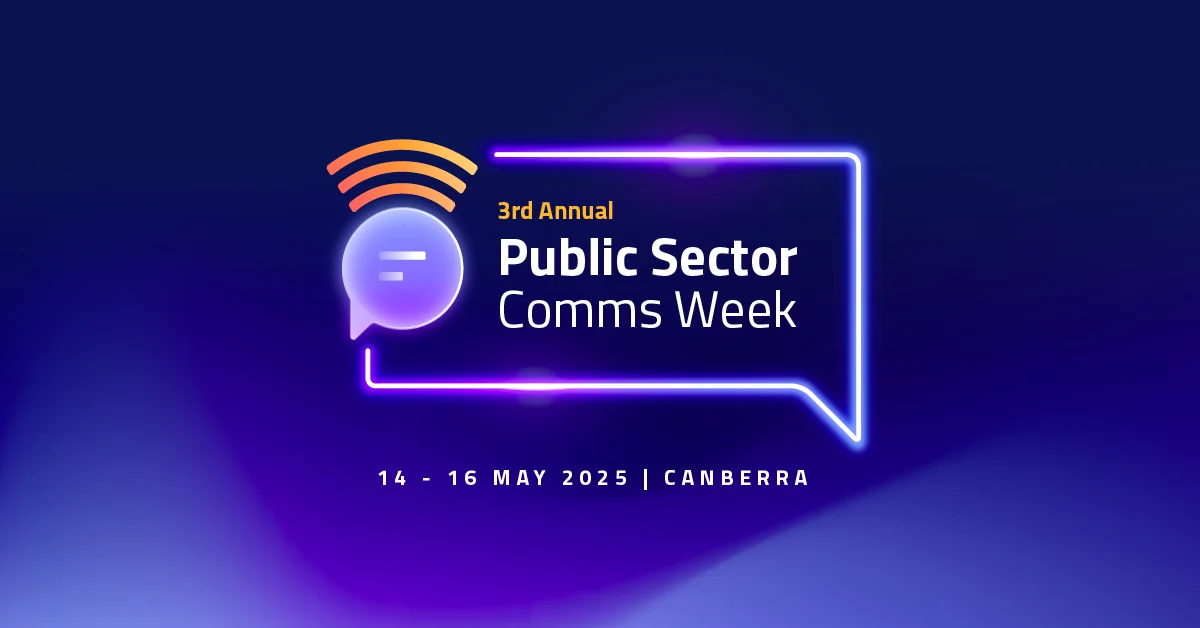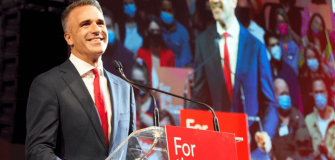Will world leaders find procurement is mightier than the sword?
Share

As we celebrate the inaugural World Sustainable Procurement Day on 21 March 2022, it is timely to consider whether ‘procurement’ is mightier than the sword?
For the past couple of weeks, we have all been glued to our phones and various devices, watching with shock and disbelief, the savage and bloody carnage that is being dealt to the people of Ukraine by the Russian Government.
But it is not ‘boots on the ground’, the West is responding with … but economic sanctions and procurement.
The biggest global story at present is the ‘free world’ applying economic sanctions and procurement restrictions to cripple the Russian economy and stop the unlawful invasion of Ukraine.
So, what are some of the levers Governments and companies have pulled against Russia:
- Frozen $640 billion of the Central Bank of Russia’s foreign exchange reserves
- Ban on access to Western Capital Markets worth up to $50 billion per year
- Germany halted the $11 billion Nord Stream 2 gas pipeline
- Restrictions on Western exports of technology, equipment, and components
- Global companies such as BP and Shell withdrawing from oil and gas projects
It is also interesting to note that the UK Government has also banned the sale of luxury goods to Russia, such as Aston Martin, Rolls Royce, and Burberry, that last year came to more than £2.4 billion …
But of course, while these economic sanctions against Russia are capturing the global headlines, they pale into insignificance to the scale and reach of the global response to the COVID 19 epidemic.
According to the Reserve Bank of Australia (RBA), Governments globally have responded to the COVID-19 epidemic with the largest and fastest fiscal policy response in peacetime.
The RBA says the global fiscal response can be characterised as having two phases:
- In the acute phase, the response has focused on supporting private incomes, preserving employment relationships, and shoring up health systems. This has mainly been achieved through large direct transfers to households, enhanced unemployment benefits, wage subsidies and increased healthcare funding.
- In the recovery phase, when infections have been brought under control, fiscal support will pivot toward boosting investment. This includes public infrastructure, ‘green’ investment and, to a lesser extent, incentives to support private investment and consumption. These support measures will be spread over a longer period than the acute phase.
The RBA says during the recovery phase there will be a greater focus on public investment, particularly in green and digital initiatives, incentives for more consumption and private investment, and retraining programs for workers in those sectors that are expected to have been severely impacted during the pandemic.
Therefore, government procurement has never been more central and critical to government policy and the future of the global economy.
The question is, with the trillions of dollars Governments around the world will be pumping into their economies through procurement and support for industries of the future, including hundreds of millions in infrastructure projects in Australia, how do we ensure that this investment promotes, and leads, to more sustainable outcomes?
In part, this is where the Australasian Procurement and Construction Council (APCC) steps in.
The Australasian Procurement and Construction Council (APCC) is the peak council for leadership and collaboration in four key disciplines of procurement, construction, asset management, and property management, and is comprised of the Australian, State, Territory and New Zealand, government departments and agencies, responsible for these services and policies.
Given that in Australia and New Zealand, there are more than 10,000 public servants directly employed in procurement and a public sector spend of $200 billion per annum (plus $200 billion private sector procurement), there is a massive opportunity and responsibility for there to be sustainable, and socially responsible, procurement outcomes.
The APCC has been at the forefront of sustainable procurement and as long ago as 2007 produced the ‘Australian and New Zealand Government Framework for Sustainable Procurement’.
This framework states that sustainable procurement involves both products and suppliers and includes issues such as:
- resource extraction and consumption
- manufacturing and production
- transport and logistics
- product and asset design
- use and maintenance
- recycling and disposal options
- employee rights and conditions
- corruption, and
- unfair competition and ethical behaviour.
Sustainable procurement means that when buying goods and services organisations practicing sustainable procurement will consider:
- strategies to avoid unnecessary consumption and manage demand
- minimising environmental impacts of the goods and services over the whole of life of the goods and services
- suppliers’ socially responsible practices including compliance with legislative obligations to employees, and
- value for money over the whole-of-life of the goods and services, rather than just initial cost.
Adding to this, the Institute for Supply Management defines ‘socially responsible procurement’ as a framework of measurable corporate policies and procedures, and resulting behaviour, designed to benefit the workplace and, by extension, the individual, the organisation, and the community.
Pursuing this objective requires focused efforts along six elements of socially responsible procurement:
- community involvement
- diversity and inclusion
- environmental protection
- ethics and financial stewardship
- human rights respect, and
- health and safety.
Socially responsible procurement extends beyond the prime contractor or initial supplier and cascades through the entire supply chain with Governments increasingly requiring suppliers to contractually adhere to similar socially responsible behaviours.
The rest of this article will look at the following six areas the APCC and its members are focussing on to achieve ‘sustainable’ and ‘socially responsible’ public procurement:
- environment
- indigenous procurement policies
- education and training
- public sector property
- health
- modern slavery
1. Environment
Government procurement can support Australia to deliver on its commitment under the Paris Agreement and the OECD Sustainable Development Goals.
All government procurement has some level of impact on the environment that can be minimised to ensure sustainable procurement practices.
As most economies’ largest purchasing body, governments can minimise the environmental impacts of these frontend procurement activities by influencing supply market practices.
The greatest opportunity to influence environmental outcomes is for governments to select products and services with the least ongoing environmental impacts, particularly in categories such as:
- water
- electricity
- fuel
- waste/disposal management, and
- impact on human health
Together, building and construction are responsible for 39% of all carbon emissions in the world.
Government is the largest client in the building and construction sector. We are responsible for a significant amount of that 39% of carbon emissions.
We have an opportunity to use the global public sector construction commitments of more than a trillion dollars over the next decade, to curb the impacts of climate change. The APCC is mid-way through developing a Roadmap for public procurement to implement environmental sustainability.
2. Indigenous procurement policies
Government Indigenous Procurement Policies (IPP) have been established to stimulate Indigenous entrepreneurship, business, and economic development, and provide and equip Indigenous Australians with more opportunities to participate in the economy.
In 2020, the APCC established an IPP Roundtable to support further discussions between jurisdictions on IPP, to share lessons from local experience, and to identify opportunities for policy improvement.
The APCC-IPP Roundtable is currently undertaking a national benchmarking exercise to identify the main challenges faced when implementing the IPP.
The benchmarking exercise has been divided into four phases:
- discussing contract formation
- contract management
- supply relations management, and
- resourcing and reporting
Phase One of the benchmarking exercise has been completed and has been helpful to inform and assist jurisdictions in their respective IPP policy implementation.
3. Education and training
The Australian Government is committed to working with the education and training industry to achieve net-zero greenhouse emissions by 2050.
The APCC Procurement of Education Goods and Training Services Special Interest Group has developed guidelines, resources and processes that support the delivery of sustainable objectives and to improve social, economic, and environmental benefits by integrating sustainability considerations into procurement processes.
Construction of new infrastructure in this sector is to be underpinned by sustainable design principles that are seamlessly integrated into the design including:
- reducing the use of disposable materials
- increasing the use of recyclables, compostable material, and non-toxic products
- a review of existing contracts to achieve better pricing
- substituting plastic products with reusable and compostable products
- replacing lighting with energy efficient LED and solar programs
Strategies supporting improved energy, water and waste management programs are also gaining momentum across the education sector.
Some government jurisdictions have implemented a grants program for schools to identify sustainability opportunities and initiatives that can be adopted at a local level.
4. Public sector property
The members of the APCC Government Property Group (GPG), collectively manage several million square metres of office space and are a major influence on the sustainability agenda in this industry.
Through the development of a National Framework for Sustainable Government Office Buildings, the GPG have implemented a set of national principles to guide the public sector in the adoption of a national approach to improving the sustainability of the built environment.
The principles can be implemented in the form of policies, guidance materials and training tools.
The GPG encourages wider adoption of sustainable procurement and management of office buildings through partnerships between governments, organisations, industry, and the not-for-profit sector.
5. Health
The APCC’s Australian and New Zealand Health Procurement Roundtable is an interactive forum where senior government health representatives and dedicated category working groups come together to discuss all aspects of health procurement and its supply chain.
One of the issues facing the local and global health sector is that Covid related PPE and associated consumables are creating mountains of plastic waste that must be dealt with.
Members are collectively exploring ways to meet and exceed legislative requirements on sustainable packaging by determining measures of success at a procurement level and seeking to incentivise incremental change with suppliers.
Sustainable packaging, particularly regulatory and public concerns around single-use packaging waste, is combining with other powerful trends to drive major changes in consumer packaging.
This creates both an obligation and an opportunity for health procurement professionals to lead for change and take advantage of the buying power of government. If successful, this can help eliminate harmful and unnecessary packaging in the health care sector and help drive private sector investment in more sustainable packaging.
6. Modern slavery
There are believed to be over 40 million people worldwide that are subject to a modern form of slavery, generating an estimated US $150 billion in unethical and illegal profits per year. The evidence also suggests that, while modern slavery is illegal in every country in the world – it still occurs in every country in the world.
As procurers, Governments do not want to be partnering with suppliers who knowingly or unknowingly participate in modern slavery.
Governments across the world are using their significant purchasing power to change suppliers’ behaviours throughout entire supply chains.
There are also increasing governance requirements that require vendors and suppliers to meet governance compliance on social and ethical responsibilities and report against governance requirements.
Reporting compliance under the Commonwealth Modern Slavery Act 2018 entered into force on 1 January 2018 and established an annual national modern slavery reporting requirement for the Commonwealth Government, large businesses, and other entities in the Australian market, with annual consolidated revenue of at least $100 million.
For the first full reporting cycle under the Act, which ended on 30 June 2021, there were close to 2,500 statements submitted to the public register, representing close to 4,500 entities.
The future for procurement to be a positive agent for sustainability and socially responsible outcomes are strong.
The inaugural World Sustainable Procurement Day on 21 March 2022, could not have come at a better time to put a spotlight on the power of procurement – especially public sector procurement.
It is also an opportunity for the Australasian Procurement and Construction Council to promote our plan to professionalize public sector procurement within five years and to launch our new Strategic Plan 2022-2025.
I stated in the Chair’s Report in the new strategic plan that ‘the work of the APCC is shaped by the need for procurement to deliver on broader government policies’, and as you can see from this article those ‘broader government policies’ can range from stimulating the global economy and assisting fiscal repair to address climate change and combating military aggression.
So, returning to the initial question as to whether economic sanctions and procurement restrictions will be a significant factor in ending the Russian invasion of Ukraine … only time will tell.
Glenn Bain is an experienced executive specialising in corporate governance and procurement. He is skilled in Government, Media Relations, Management, Community Engagement, and Policy Analysis.
Glenn is a strong purchasing professional who graduated from Australian National University (Public policy), University of Canberra (Legal), and the Australian Institute of Company Directors (Corporate governance) and recently completed a non-award course in sustainable supply chain management through the University of Cambridge.














